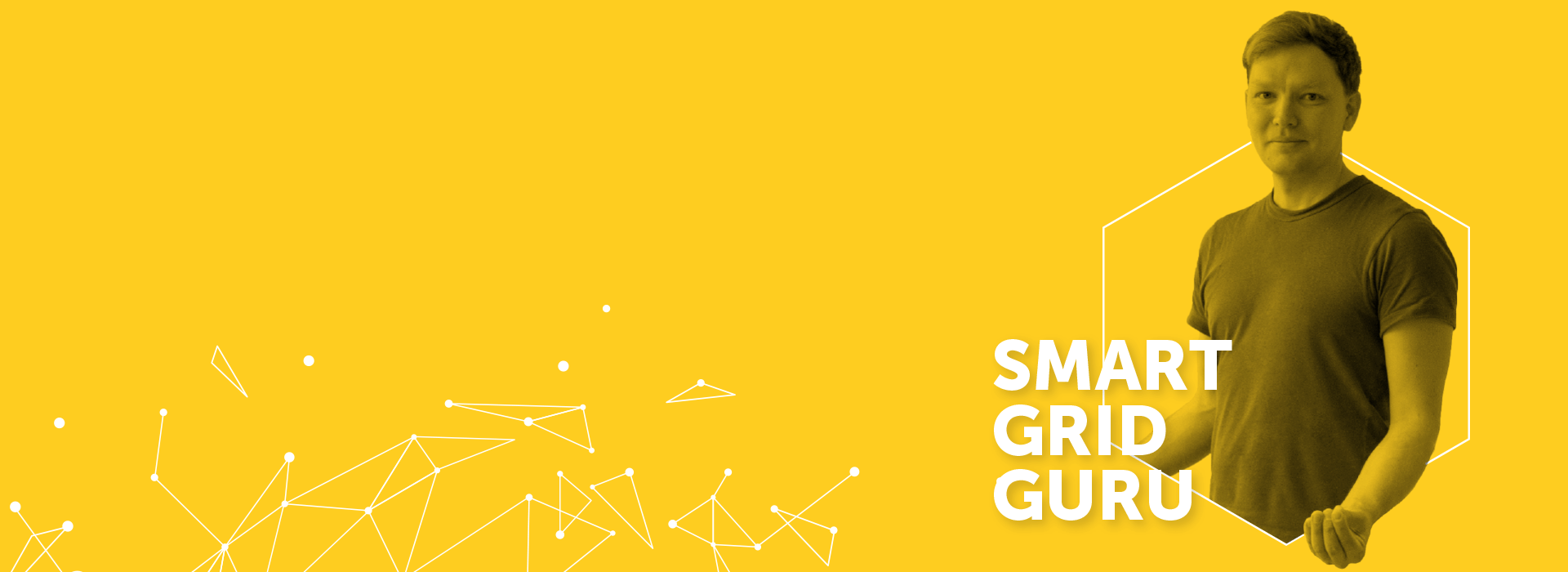
Denis masters the connectivity of energy management systems using software architectures and AI.
I'm a research associate in the Architectures and Services for Critical Infrastructures competence field. I'm involved in various research topics and practical issues related to software development for critical infrastructures. This includes topics from the field of energy management and automation, such as the intelligent connectivity of components (smart girds), software architecture concepts, interface issues, modeling and optimization. At fortiss we develop energy management systems and support our partners in the enhancement of their systems with advice and hands-on activities. We conduct research into potential CO2 reductions through connectivity, into control systems by taking into account conventional optimization methods and we examine model predictive control. But we also research artificial intelligence, as well as possible settlement methods between the participants by means of blockchain approaches.
I became familiar with the institute through fortiss founder Prof. Broy and his Model-based Systems Engineering competence field. Our energy group, which was small at first, has meanwhile grown into its own independent and successful competence field called Architectures and Services for Critical Infrastructures.
Apart from the project activities, I had the opportunity to really move forward with my dissertation. Since the MEMAP project was closely related to my research, both activities complemented each other extremely well. The goal of combining both activities - meaning the project and the research activities - functioned really well in this case. Our group thankfully made a big contribution as well.
We had simple programming projects even in school. I was fascinated at how fast you could see the results and I quickly realized how you can automate certain tasks with simple code. Afterwards I studied physics at the Technical University Munich, where we could always solve smaller projects through programming. But it wasn't until I changed careers at fortiss that I learned what it means to write good code with a good structure that is easy to maintain, and how important a consistent architecture is for a software system.
First and foremost the institute offers an extremely flexible environment that allows you to learn and try out new things. I acquire lots of practical experience and become quickly exposed to specific partners and joint projects that are challenging. And time and again I have a supervisory role in my work with students, which allows me to learn a lot from a people standpoint. The environment here is exciting, challenging and it has much to offer.
We have a great team. My coworkers are always ready to help of course. And they're friendly, humorous and you can always a have a good time with them. The atmosphere is excellent because we always spend time achieving good research results, talking about dissertation topics or simply having a good time together. That's important because we often work together and are able to present such great results.
I'm motivated by the chance to learn something new each day. At fortiss we have wide latitude to experiment from a research standpoint and to acquire practical experience. Just observing what kind of topics the institute has worked on over the past few years is very exciting. For me personally it involves software architecture issues and the connection to artificial intelligence and block chain technologies and the many software engineering issues related to requirements engineering, software quality and continuous integration. With such a wealth of new experiences, I can definitely take a lot of new skills with me.
As a researcher in the area of energy systems, it's definitely important for me that a lot more things happen in this field so that we can make progress with the energy transformation. We have a lot of possibilities from an engineering standpoint, but sometimes government policies really lag behind. We want to use our prototypes and software systems to demonstrate how much is already possible today from an engineering standpoint, what kind of potential it opens up and what the implementation might look like. We also want to make it easier for planners and software manufacturers to use digital products to achieve added value for everyone. From a research standpoint, we want to build a bridge between the electronics and software engineering areas in order to accelerate the integration.
We face a lot of very important challenges. We want to offer high-quality research results and work together with other electronics engineering groups such as our partners at TUM to develop software solutions with practical relevance. That’s why an interdisciplinary approach is very important to me. But in order to continue to have an impact on practical applications, political and regulatory obstacles have to be removed.
More than anything, maintain an openness and curiosity toward new things. Skills can be learned, but when it comes to research you should already have the desire and motivation to make an impact and try out new things.